The SBA works with lenders to provide loans to small businesses. The agency doesn’t lend money directly to small business owners. Instead, it sets guidelines for loans made by its partnering lenders, community development organizations, and micro-lending institutions. The SBA reduces risk for lenders and makes it easier for them to access capital. That makes it easier for small businesses to get loans.

Table of Contents
7(a) loans
A group of SBA loans which guarantee portions of the total amount, cap interest rates, and limit fees.
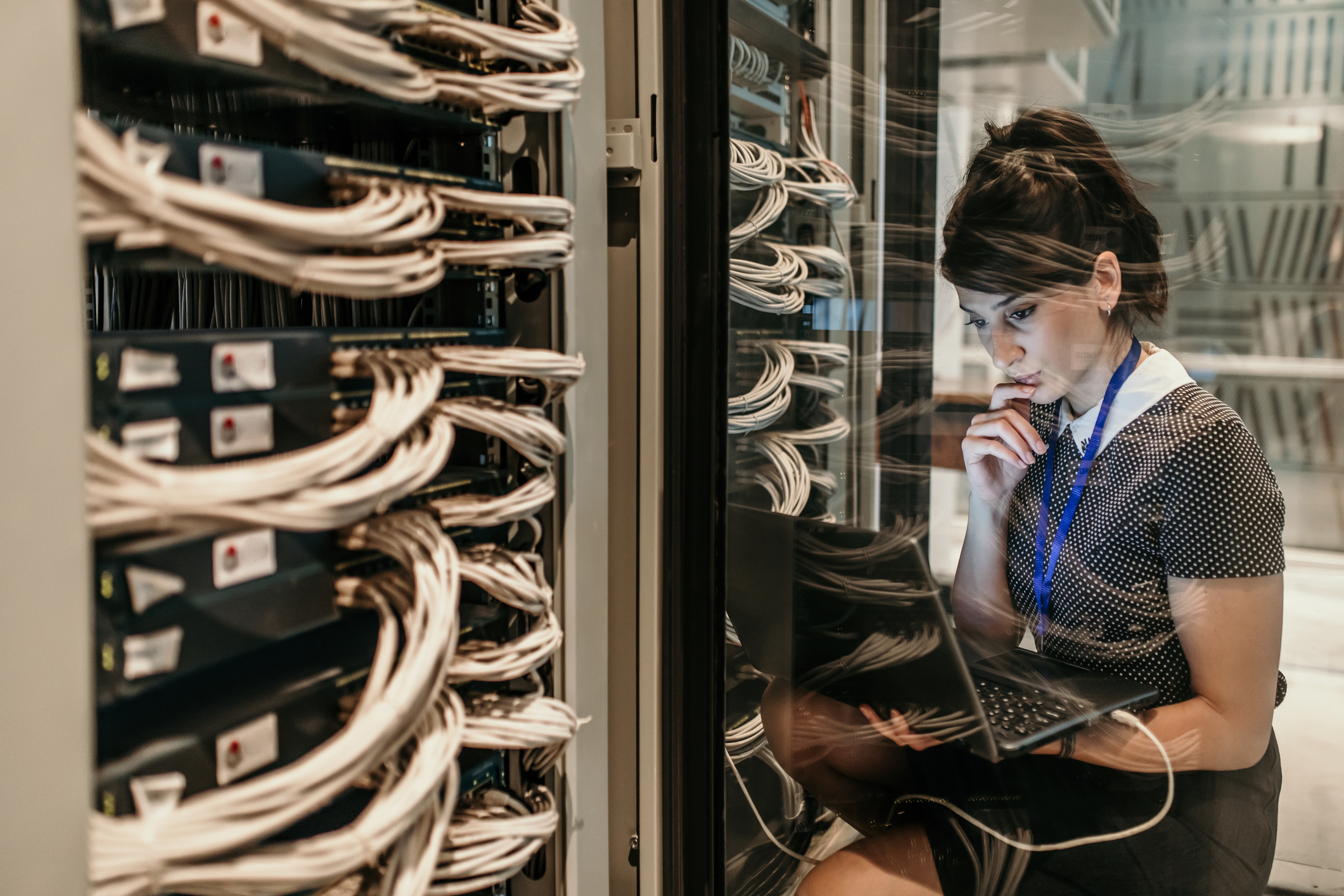
504 loans
Long-term, fixed-rate financing to purchase or repair real estate, equipment, machinery or other assets.

Microloans
Our smallest loan program, providing $50,000 or less to help businesses start-up and expand.
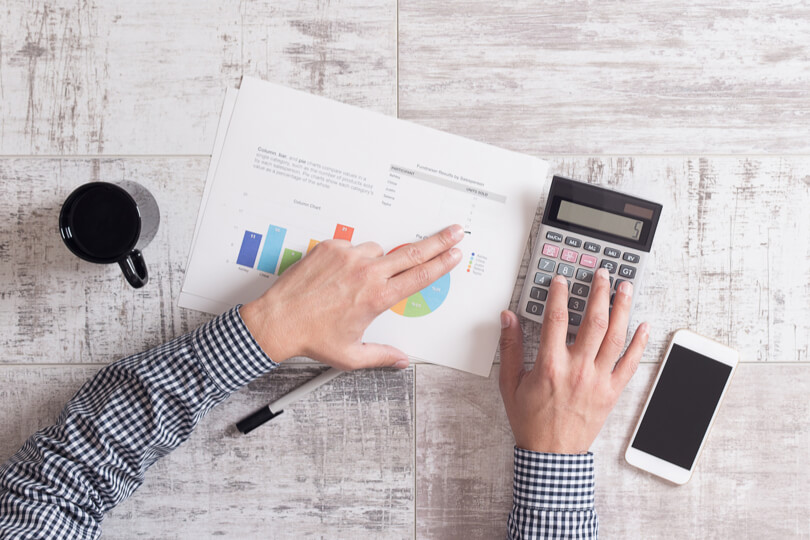
Competitive terms
SBA-guaranteed loans generally have rates and fees that are comparable to non-guaranteed loans.

Counseling and education
Some loans come with continued support to help you start and run your business.

Unique benefits
Lower down payments, flexible overhead requirements, and no collateral needed for some loans.
Get $500 to $5.5 million to fund your business
Loans guaranteed by the SBA range from small to large and can be used for most business purposes, including long-term fixed assets and operating capital. Some loan programs set restrictions on how you can use the funds, so check with an SBA-approved lender when requesting a loan. Your lender can match you with the right loan for your business needs.
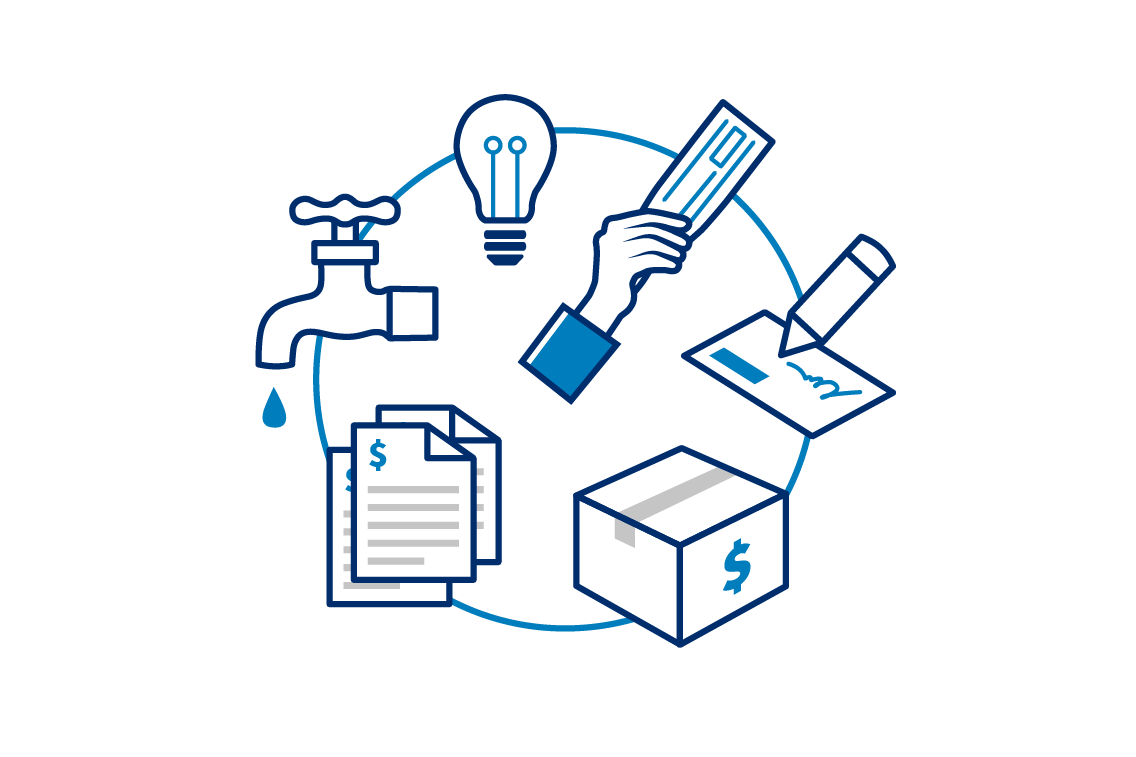
Working capital
Like seasonal financing, export loans, revolving credit, and refinanced business debt.
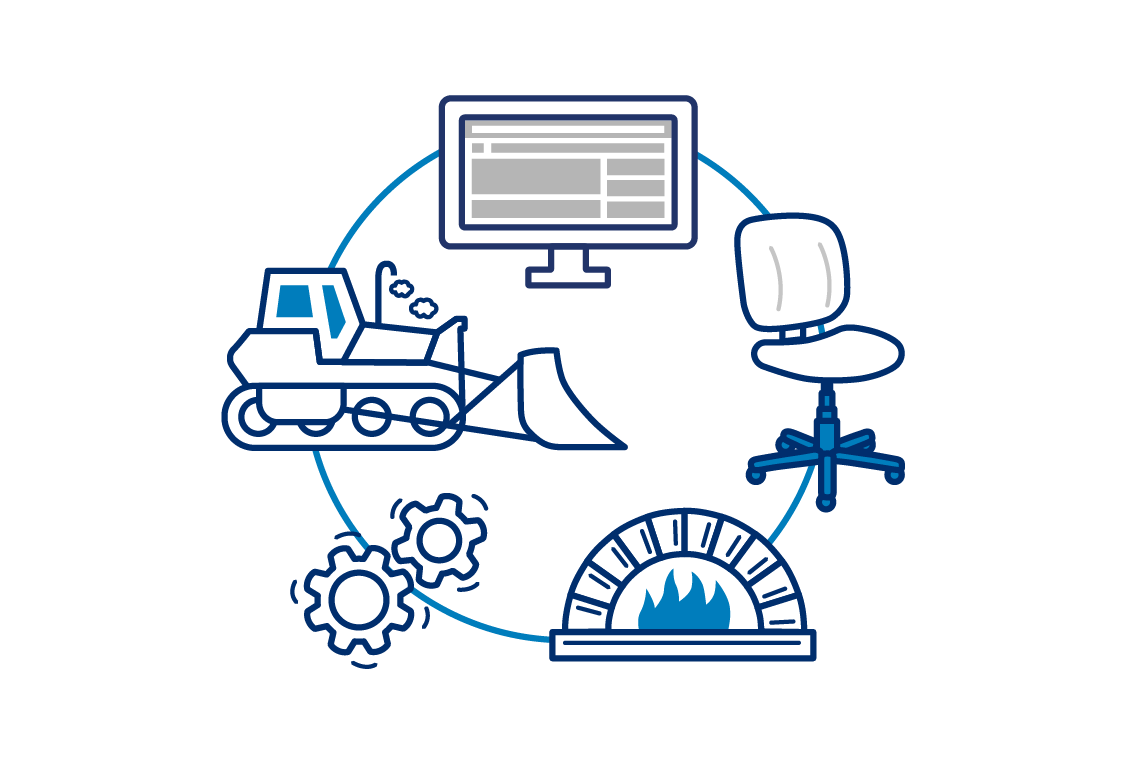
Fixed assets
Like furniture, real estate, machinery, equipment, construction, and remodeling.
Eligibility requirements
Lenders and loan programs have unique eligibility requirements. In general, eligibility is based on what a business does to receive its income, the character of its ownership, and where the business operates. Normally, businesses must meet size standards, be able to repay, and have a sound business purpose. Even those with bad credit may qualify for startup funding. The lender will provide you with a full list of eligibility requirements for your loan.
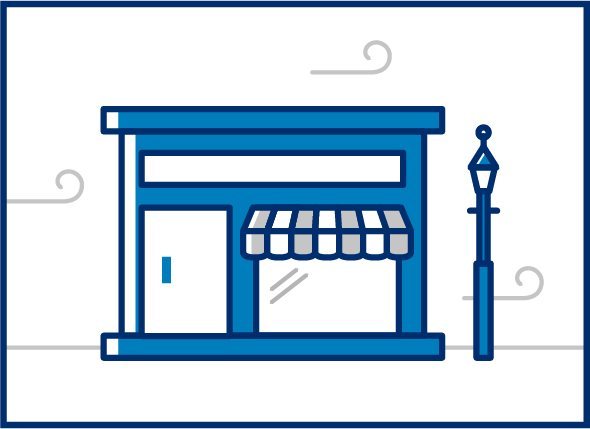
Be a for-profit business
The business is officially registered and operates legally.
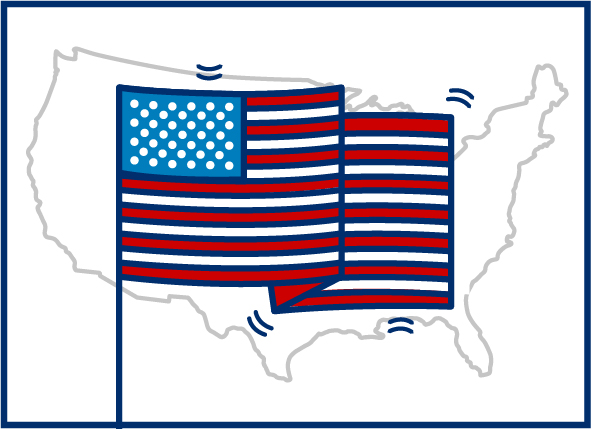
Do business in the U.S.
The business is physically located and operates in the U.S. or its territories.
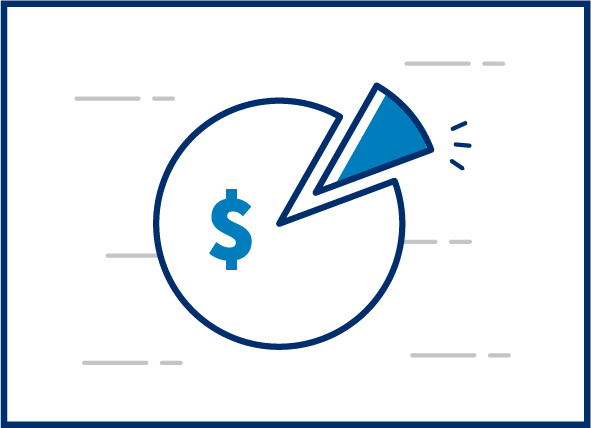
Have invested equity
The business owner has invested their own time or money into the business.

Exhaust financing options
The business cannot get funds from any other financial lender.
Loans for exporters
Most U.S. banks view loans for exporters as risky. This can make it harder for you to get loans for things like day-to-day operations, advance orders with suppliers, and debt refinancing. That’s why the SBA created programs to make it easier for U.S. small businesses to get export loans.
To learn how the SBA can help you get an export loan, contact your local SBA International Trade Finance Specialist or the SBA’s Office of International Trade.
